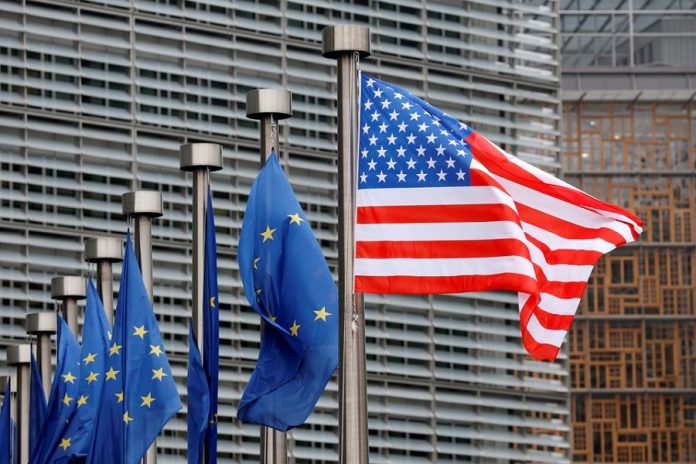The European Union and the United States have agreed to resume trade in mussels, clams and oysters from the end of February after they were halted more than a decade ago, marking another step in improved transatlantic relations, according to Reuters.
Trade in bivalve molluscs, cockles and scallops, came to a halt in 2011 due to differences in regulatory standards but will resume for the Netherlands and Spain and the U.S. states of Massachusetts and Washington.
The U.S. Trade Representative’s office said the two sides had concluded negotiations on Friday. The European Commission, which oversees trade for the 27 EU nations, said it had now adopted relevant legislation.
The Commission and the U.S. Food and Drug Administration carried out audits in 2015 and, after years of discussions, have recommended that the food safety systems for raw molluscs in the U.S. states and EU countries could be considered equivalent.
The Commission said trading opportunities could be extended to more EU countries in future under a simplified authorisation procedure agreed between the two sides, the first time a U.S. agency has agreed to such a process.
EU trade commissioner Valdis Dombrovskis said in a statement both sides had worked hard to resolve this long-standing issue.”It shows that our efforts to forge a positive, forward-looking trade agenda with the United States are paying off,” he said.
U.S. Trade Representative Katherine Tai said the agreement represented a positive step in U.S.-EU trade relations.
In 2020, the United States was one of the world’s largest seafood exporters, with global sales of $4.5 billion. Last year, its seafood product exports to the EU exceeded $900 million.
After U.S. President Joe Biden’s election victory in November 2020, the European Union also removed EU tariffs on U.S. lobsters in return for reduced U.S. duties on EU exports from ceramics to prepared meals worth an annual $200 million.


